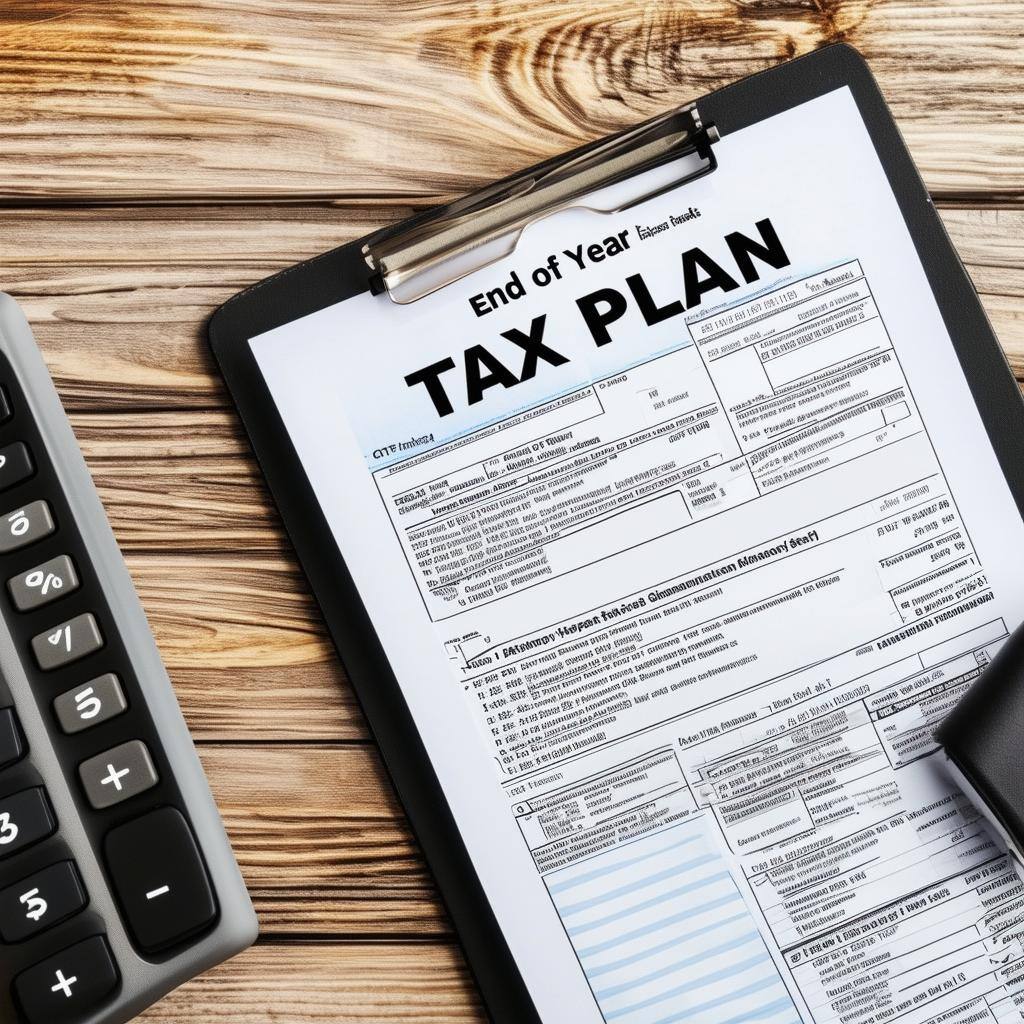Opportunity Zones or 1031 Exchange? The Million-Dollar Question
Potential investors are often inundated by an amass of investment options and opportunities – too many options often results in delayed selection and...

For decades, the best way to defer capital gains tax on real estate transactions has been through a 1031 exchange. However, the extensive rules and regulations associated with these transactions make them a struggle for many investors. With the creation of Opportunity Zone investing, a whole new realm of tax-deferred investment potential has opened up, and many investors are realizing that Opportunity Zone funds are a viable and less cumbersome option. In this edition of the OZ FundHub Blog, you will learn about the basic pros and cons of 1031 exchanges and Opportunity Zone investments, and learn why many 1031 investors are making the move to Qualified Opportunity Funds.
1031 exchanges occur when the owner of an investment property decides to sell it, and exchange it for a like-kind property of similar value. Like-kind property is loosely defined, but most types of real estate qualify, so long as the investor plans to continue to use the property for investment purposes and not for personal use or resale.
When a property owner wishes to initiate a 1031 exchange, there are several rules governing what they must do next. First, they must understand that to take advantage of the full tax benefits, the replacement property they select must be of equal or greater value. Additionally, all of the money from the sale of the original property must be reinvested, the original capital as well as the capital gain. In selecting replacement property, there are also a variety of rules that investors must meet. The most tricky one is the timing of selecting these properties, and closing the transactions. Potential replacement properties must be identified within 45 days after the sale of the property to be exchanged. The deal must be fully finished with the replacement property purchased within 180 days. That is a short window.
Another sticky component of a 1031 exchange is the requirement to have a qualified intermediary (A third party who has no other formal relationship with either party) to handle the fund throughout the transaction. If the investor is to receive the funds themselves, the capital gain is taxable.
It is critical to note that with a 1031 exchange, investors must continually roll investments over, not cashing them out. The only provision for a step-up in basis to fair market value is death. Otherwise, if an investor decides to cash out and sell, they must pay all of the capital gains tax upon the sale. Fortunately, savvy investors now have another option.
Opportunity Zone investing was created to spur private capital investment in disadvantaged areas. It is a two-pronged benefit, with tax deferral advantages to investors as well as the chance to bring affordable housing and business to disadvantaged communities.
Opportunity Zone investments must originate in a more specific manner than 1031 exchanges. In order to take advantage of the tax benefits, your investment must be made from a capital gain realized within 180 days of the investment. There are a wide variety of asset classes to choose from, both in and outside of real estate.
With an Opportunity Zone investment, you do need to pay the tax on the initial capital gain at the end of 2026. However, if you hold the investment for 10 years or more, the gains you make on the investment will receive a step-up in basis to fair market value and will be tax free. Learn more about the ins and outs of opportunity zone investments on our blog.
Selecting an investment vehicle is a complex process, but let's break down simply the pluses and minuses of 1031 exchanges and Opportunity Zones in a simple way.
One major difference between Opportunity Zone investments and 1031 exchanges is the origination of the funds to be invested. If you are experiencing a liquidity event with a capital gain, Opportunity Zones are a great option. You can take your return on capital and invest or spend it as you like, while having 100% of your capital gain invested and working for you through 2026. With a 1031 exchange, any money an investor sees from a sale is instantly taxable, so you must continue to roll your entire investment over, return on capital as well as capital gains. To realize the full tax benefit, you must hold your 1031 investments to your grave as the step-up in basis to fair market value will only go to your beneficiaries upon your death. An Opportunity Zone investment is also long term, but the full step-up comes when it is held for 10 years, not the remainder of an investor’s lifetime.
Another major benefit to Opportunity Zone investments is that there is specificity required and more reasonable timing requirements. The Opportunity Zone investment window is 180 days from the realization of the capital gain, and really that is just to get the money to a Qualified Opportunity Zone Fund. There is no requirement that the fund makes a purchase or disposes of the cash in that timeframe. With a 1031 exchange, you must have identified properties to purchase by 45 days, with the sale completed at 180 days. Failure to do either step means the 1031 exchange has failed, and you cannot reap tax benefits from this method. However, if you know a 1031 exchange will fail before the 180 day mark, 1031 investors can still opt to put their money into a Qualified Opportunity Fund.
Another major benefit of Opportunity Zones is that in the 180 day window of when you realize your capital gain and when you reinvest it in a Qualified Opportunity Fund, you are free to do as you wish with your money. You are not required to form a relationship or pay a qualified intermediary to handle your funds to protect your tax status.
Finally, investments in Opportunity Zones are meant to bring development and aid to communities in need. Whether the Qualified Opportunity Fund an investor selects is building affordable housing or office space to house new businesses, the investment is helping the whole community as well as the investor.
Are you interested in learning more? Check out more blog articles here.
*Important Notice: OZ FundHub is not a licensed tax, accounting, or financial firm. All Information contained is for educational purposes only.*
.png)
Potential investors are often inundated by an amass of investment options and opportunities – too many options often results in delayed selection and...

Traditional year-end tax planning is essential to minimize tax liabilities and maximize savings.

Designed as an investment vehicle, Opportunity Zone Funds (OZFs) can take a good investment and make it great. The Tax Cuts and Jobs Act, passed in...